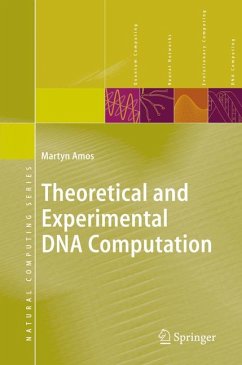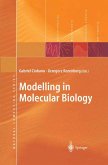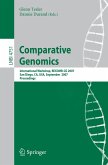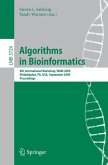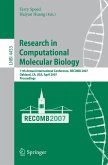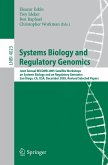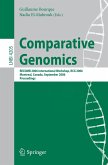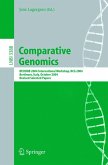The field of DNA computation has flourished since the publication of Adleman's seminal article, in which he demonstrated for the first time how a computation may be performed at a molecular level by performing standard operations on a tube of DNA strands. Since Adleman's original experiment, interest in DNA computing has increased dramatically. This monograph provides a detailed survey of the field, before describing recent theoretical and experimental developments. It concludes by outlining the challenges faced by researchers in the field and suggests possible future directions.
Dieser Download kann aus rechtlichen Gründen nur mit Rechnungsadresse in A, B, BG, CY, CZ, D, DK, EW, E, FIN, F, GR, HR, H, IRL, I, LT, L, LR, M, NL, PL, P, R, S, SLO, SK ausgeliefert werden.

